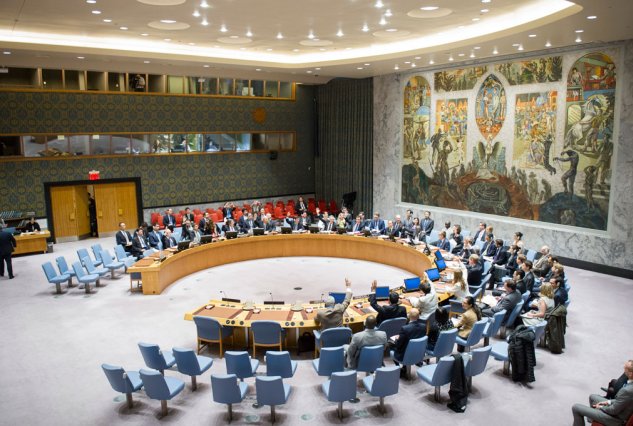Reconceptualising transnational governance: Making global institutions fit for purpose

Over the past five years we have commissioned and considered research into the five pillars of the Global Agenda. The research into the first three pillars enabled an integrative understanding of the requirements for sustainable human welfare, social equity, and security at different scales within the planetary biosphere. The fourth pillar acknowledged that sustainable human coexistence in a digitally, financially and economically highly-connected world, on the cusp of a profound and wide-ranging technological revolution, and in which anthropogenic processes are testing planetary boundaries and posing acute systemic risks, means that we must find ways to accommodate divergent interests and different means of prioritizing values in a coherent normative system at various trans-civilizational scales. The fifth pillar involved consideration of the structures, systems and institutions needed to make global governance, and other forms of collective action at different scales, fit for purpose at this time.
We are proposing that the United Nations convenes an international conference to address the need for a new world order that maintains the best of the past, while meeting the needs of the present and the future. Each member state would be encouraged to define a desirable global order in 2030, without reference to our present structures or systems. The topics of the Global Agenda – balancing environmental sustainability with equitable socio-economic advancement, and human, national and global security – would provide a useful frame of reference. The work done on the Sustainable Development Goals and Agenda 2030, and the emissions targets defined in the Paris Agreement, can serve as useful building blocks. The aim is to reach agreement on an end state in 2030, and on specific outcomes associated with it, before discussing how to achieve it. National and regional consultations, like those undertaken in constructing the SDGs, should play an important role. If each state engages with integrity, transparently clarifying its objectives, and motivating these clearly, to allow its neighbours, and other states with regional and global influence, to understand them, considerable reciprocal learning will be possible. This could rid us of much prejudice and mutual suspicion, and is likely to spark wider debate in many countries, potentially undercutting the dangerous fact-free populism now abroad. The discussions should also clarify the values that undergird the objectives of each state, and shed light on the global norms and legal instruments that could advance them.
Research Papers :
Russia :
https://www.futureworldfoundation.org/Content/Article.aspx?ArticleID=22151 />
India: https://www.futureworldfoundation.org/Content/Article.aspx?ArticleID=22152
USA: https://www.futureworldfoundation.org/Content/Article.aspx?ArticleID=22153
China: https://www.futureworldfoundation.org/Content/Article.aspx?ArticleID=22154
Latin America: https://www.futureworldfoundation.org/Content/Article.aspx?ArticleID=22155
Related Articles: